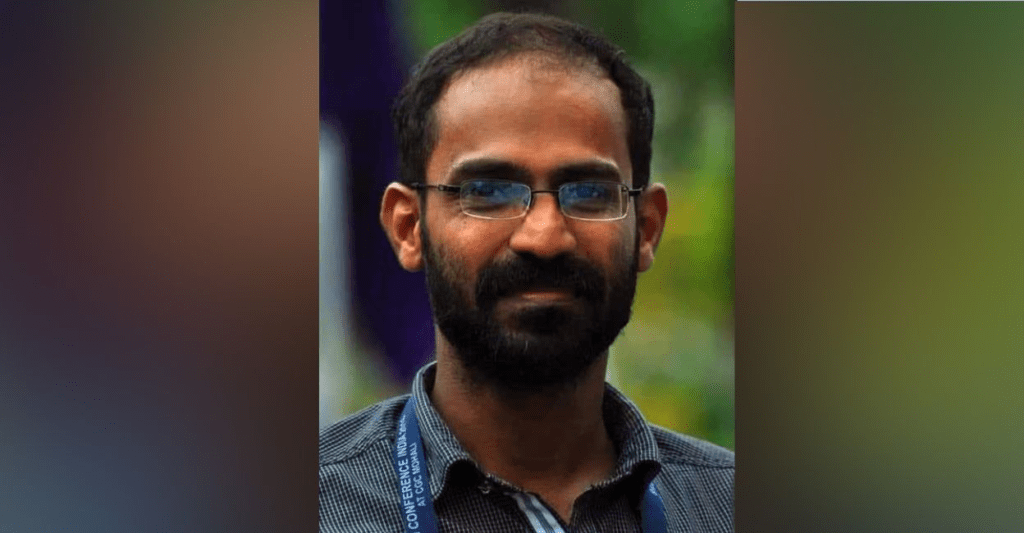While granting bail, the Supreme Court said, “Every person has freedom of expression.” Chief Justice of India (CJI) U U Lalit noted, “The person (Kappan) has been in custody for two years.”

New Delhi: Kerala-based journalist, Siddique Kappan, who was jailed in Uttar Pradesh for nearly two years, was granted bail by the Supreme Court. Kappan was picked up while on his way to Hathras to cover a 19-year-old girl’s gang-rape and murder and was charged under the stringent Unlawful Activities Prevention Act (UAPA) for alleged terror funding.
While granting bail, the Supreme Court said, “Every person has freedom of expression.” Chief Justice of India (CJI) U U Lalit noted, “The person (Kappan) has been in custody for two years.”
However, the court said Kappan will have to report to the Delhi Police for the next six weeks and thenafter, in Kerala. In three days, Kappan will be produced before a trial court as he has to submit his passport.
Kappan, a reporter of the Malayalam news portal Azhimukham, was arrested by the Uttar Pradesh Police on charges of allegedly trying to disturb law and order in Hathras during the incident. The police said the journalist had links with the Popular Front of India (PFI).
On Friday, the Uttar Pradesh government told the court that Kappan was paid to incite riots and also argued that he is not an accredited journalist. The government counsel, Mahesh Jethmalani, said Kappan was trying to create a riot situation by using explosives.
Reacting to Jethmalani’s claims, CJI Lalit asked, “What was found with Kappan? No explosives were found, material was not found with him but in the car and they weren’t used for propagating.”
Kappan was represented by Kapil Sibal, who asked the prosecution to read what “incriminating” literature was found on him. CJI Lalit also asked the counsel to read what “damaging” literature was found. It is then that the Uttar Pradesh counsel argued that it was a “toolkit”, a word used by some to describe a guide to stir an agitation or spark terror. The bench then said, “What you have shown in terms of literature doesn’t show anything.”
Notably, the Hathras case had drawn a massive outrage and nationwide protest. The state government was accused of being hand-in-glove with the police in covering up the matter. The woman had died days after she was gang-raped and in the dead of the night, the police had cremated her body.
In the money-laundering case filed by the Enforcement Directorate against Kappan, the Supreme Court said the journalist can apply for a bail in that too.
